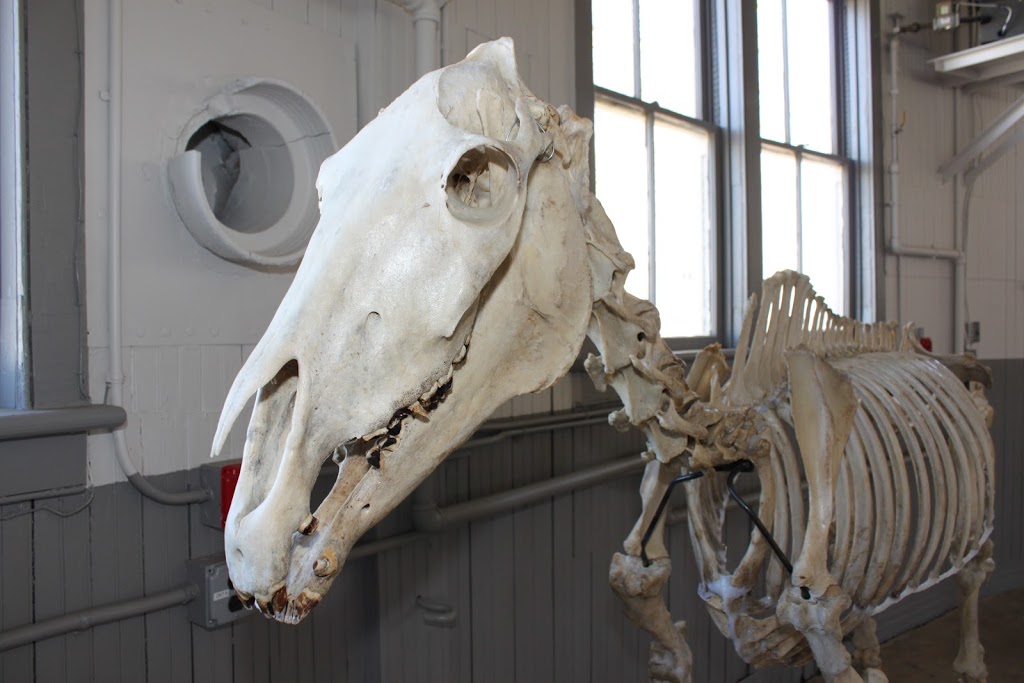 Hello everyone!
Hello everyone!
With spring in the air, I’ve been hard at work shedding my fur-coat in anticipation for the warmer weather. My owner affectionately refers to this joyous time as “Shedgate”, “Shedmageddon”, and “Tshedami” among other satires.
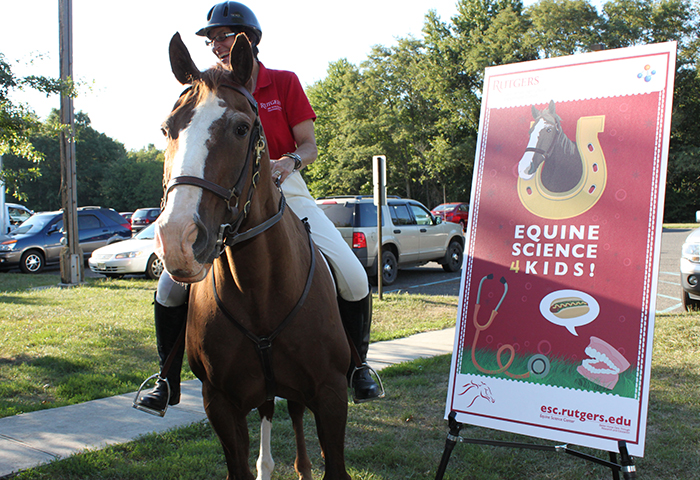
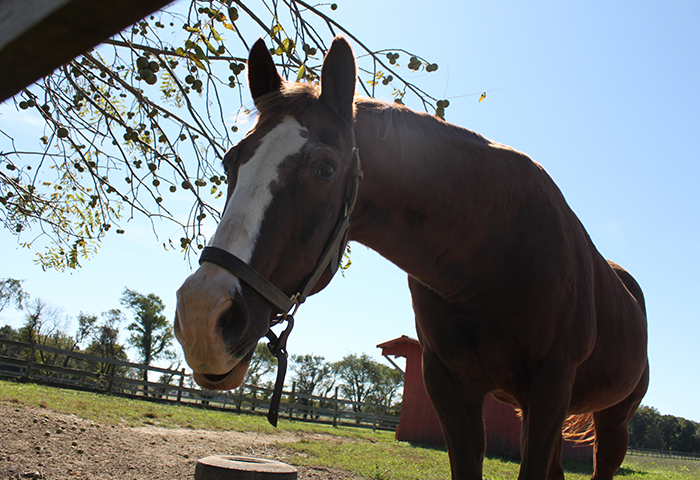
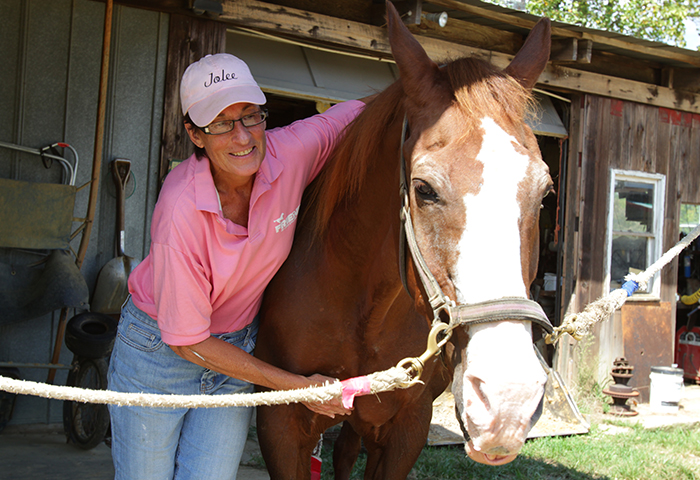
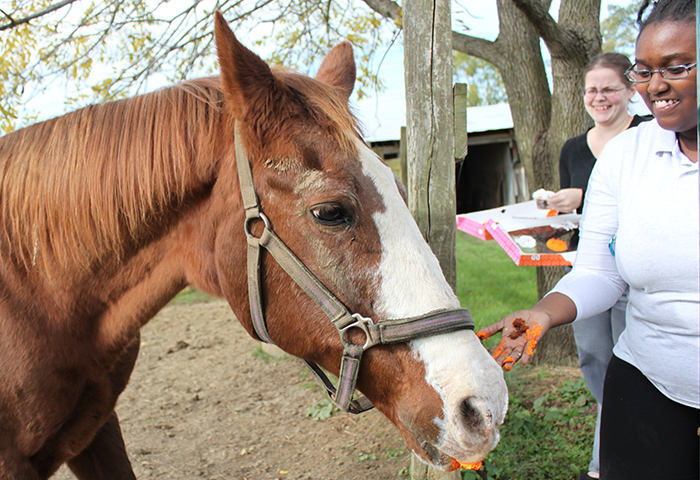
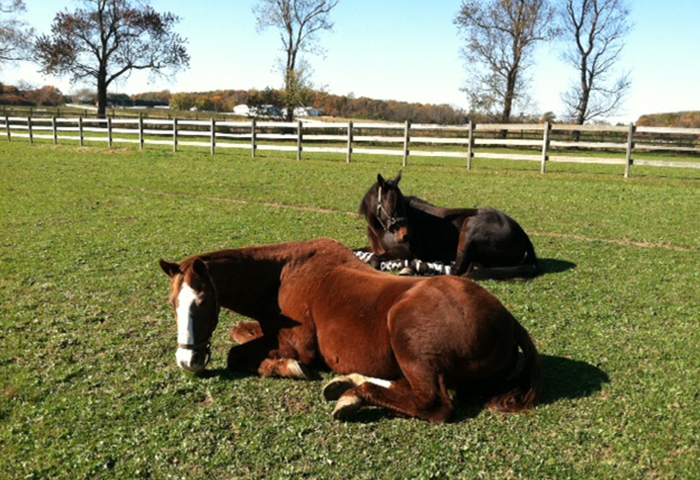
 Hello everyone!
Hello everyone!
With spring in the air, I’ve been hard at work shedding my fur-coat in anticipation for the warmer weather. My owner affectionately refers to this joyous time as “Shedgate”, “Shedmageddon”, and “Tshedami” among other satires.
Howdy friends,
In addition to eating and napping (and blogging, of course!), I do a lot of thinking. Especially in my old age, I realize that there are many things I have to be thankful for; green grass to eat, fresh water to drink, good friends, caretakers who give me lots of attention and love, and a computer on which to keep in touch with my loyal fans; I have a large following! So as I was browsing the web the other day, I came across one of those horse classified websites and began poking around.
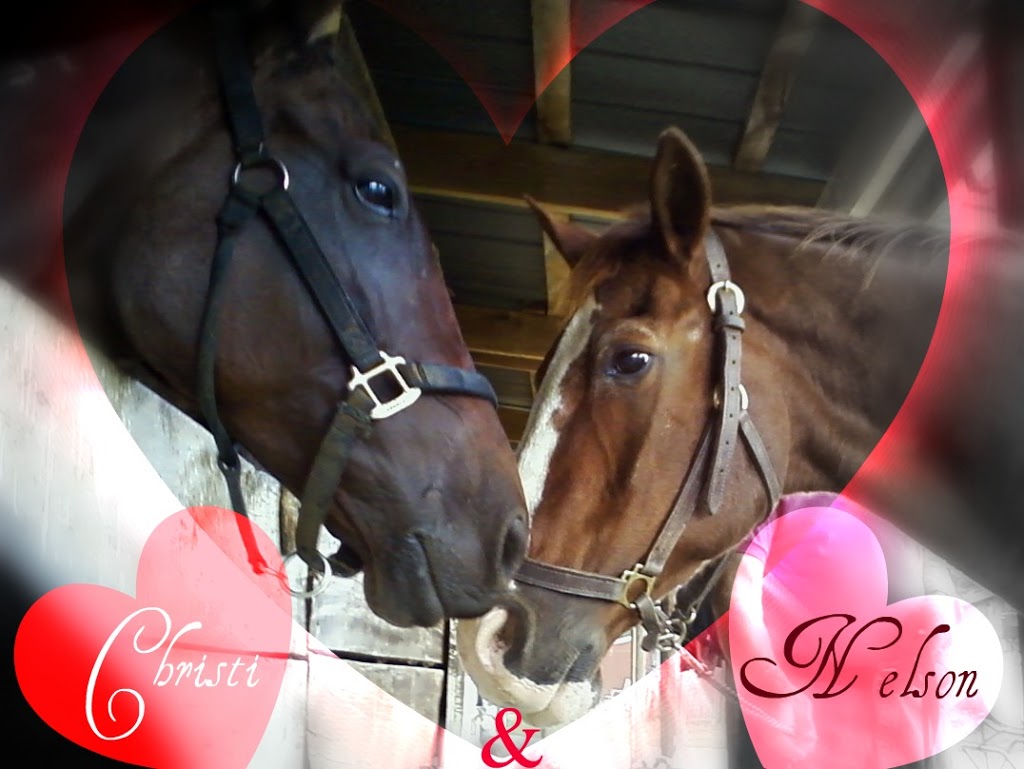
Valentine’s Day is almost here, and I’ve been racking my brain on what to get my girlfriend HugMe Christi to show my affections. She’s the best pasture-mate I could ask for; always there to look over me while I take my afternoon naps, graze by my side, and help me get the flies off any hard to reach places. Not only is she my special someone, but my best friend as well, so it’s only fitting to get her something special to show her how much I care!
…horses may get more treats! It’s a win-win scenario!
We all know that these are tough economic times, and sometimes it can be hard to find ways to save money. Of course, owning a horse can be a big expense and my friends at the Rutgers Equine Science Center are hosting a seminar to show you how to make it more economical! So round up your friends and join us!
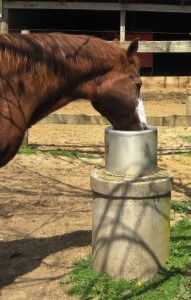
Do your parents like to wake up to a hot cup of coffee in the morning? Since horses don’t drink coffee (that would be downright silly!) the first thing I do after I open my eyes to the morning sun is head over to my waterer and get a nice cool drink. But as I was going through my daily routine the other morning, I realized something wasn’t quite right…my liquid sustenance was missing! So I started searching for it. I pushed my waterer around with my nose to see if maybe it was underneath, but when I realized there was no way to move the waterer around on my own, I had to bring in some backup. I saw one of my caretakers nearby and yelled, “Hey, can you help me move this thing? I think my water is trapped underneath!” (or at least that’s what it seemed like to me and the other horses!) I don’t think the caretaker understood what I was saying, but I got her attention nonetheless. Thanks to a little handy work on the well pump, the bowl was filled to the brim with sparkling clean water which I slurped up like a dry sponge! With my thirst quenched, I continued on with my day as usual (mostly eating and napping), but I’ll never forget how nervous I was at the thought of not having water to drink!
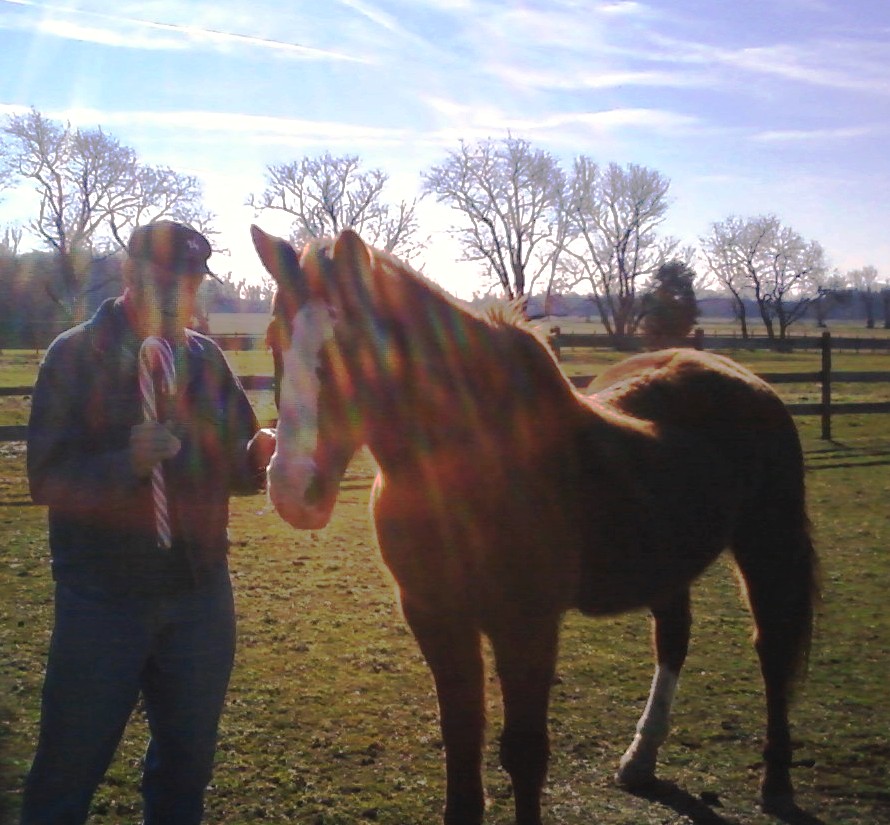 Hi Friends!
Hi Friends!
I hope everyone had a happy New Year! It was hard for an old guy like me to stay up past my bedtime to celebrate, but I was told that the horses were getting pretty rambunctious around midnight! Of course they were excited about the turning of the New Year, but January 1st holds a special place in many of our big horsey hearts. Can you guess why? I’ll give you a hint…it has something to do with horse racing and many other breeds of horses that compete!
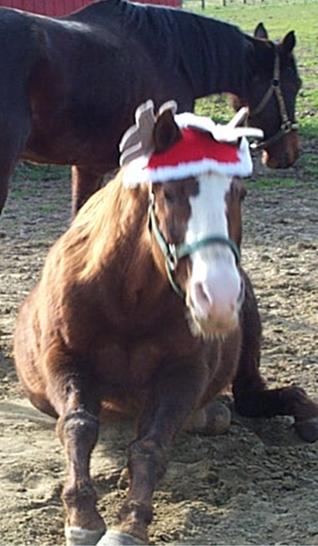
Season’s greetings friends and “neigh”bors! The holiday season is upon us and I am so excited! Nothing can compare to some soupy, hot bran mash on a chilly night, or one of those sweet and crunchy candy canes that I love so much. But it’s most important this time of year to show how much we appreciate the people we love; after all, it’s better to give than to receive! (Or is it?!) Well luckily, the Rutgers Equine Science Center has come up with some great ideas for gifts this holiday season so you can give and receive simultaneously!
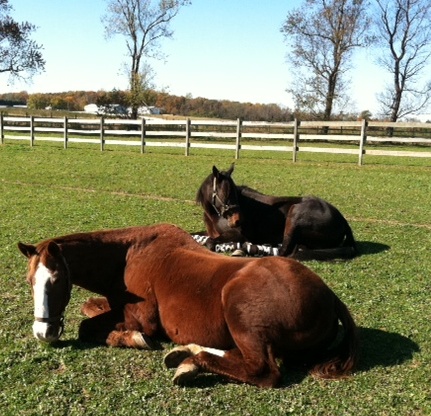
I can’t believe how quickly the seasons are changing, and Thanksgiving is only a few days away! For many of you, thoughts of a big, juicy turkey, warm gravy, and sweet pumpkin pie are the things that come to mind in anticipation of the holiday. I know it sure does for me! But then again, when am I NOT thinking of food?! Although I won’t be partaking in the feast (my owner says he can’t find a chair large enough for me to sit at the table….I was slightly offended), try to remember to show your equine pals how thankful you are to have them by baking them some homemade goodies! Every horse deserves to be a little spoiled, and preparing horse treats can be a fun activity for horses and humans alike.
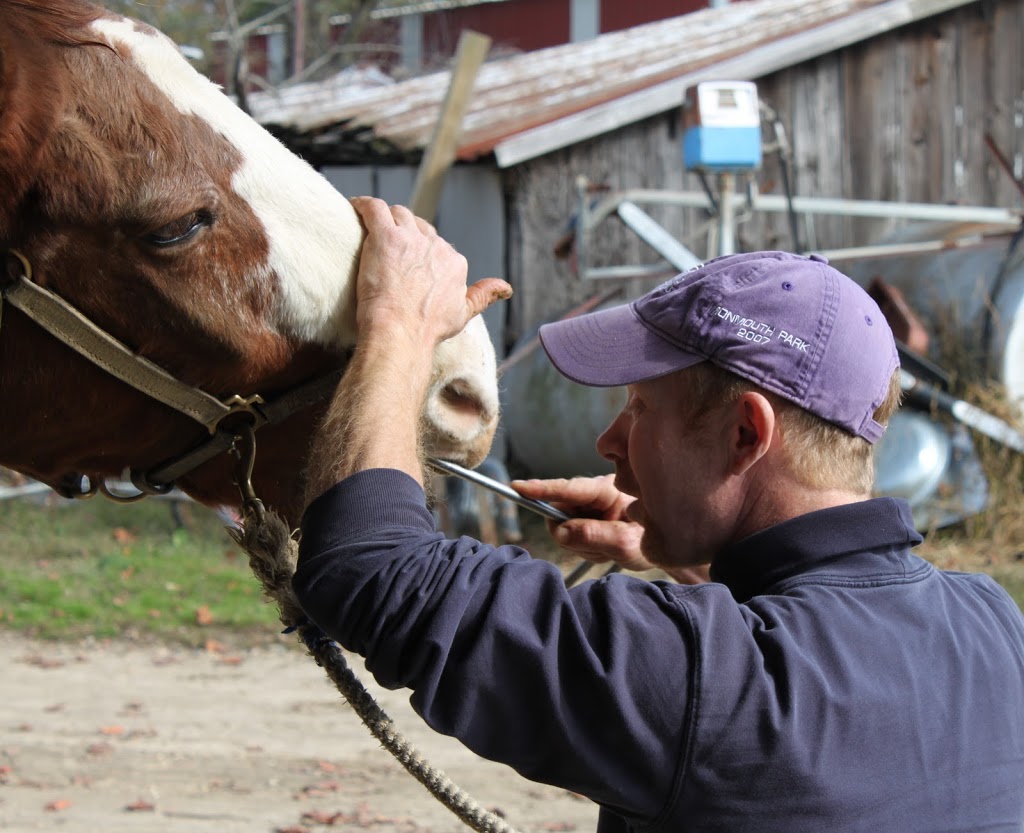
Hey Everybody!
I hope everyone had a wonderful Halloween! The snow couldn’t stop me from getting some treats of my own. As you already know, I love treats any day of the year and October 31st is no exception! I just can’t get enough of those sugary sweet delights! But with my affection for confections, I need to take good care of my old chompers! I had a recent checkup from my equine dentist friend to help prevent any dental dilemmas.
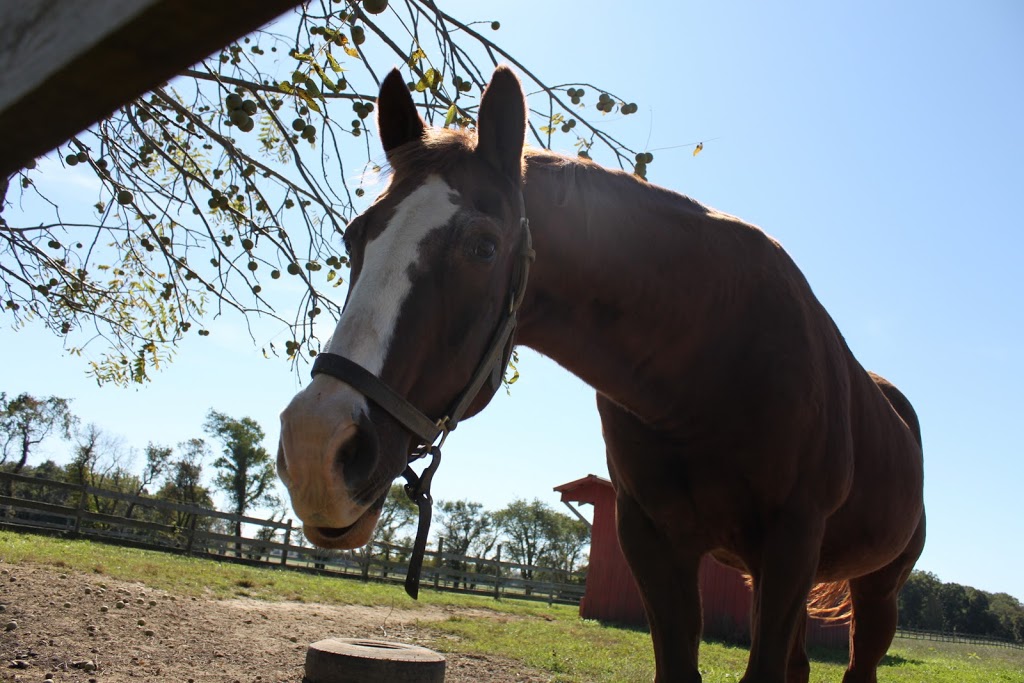
Something strange happened the other day when my friend Magic and I took our annual trip to the apple orchard. There we were, happily munching on the “fruits” of our labor, when I saw something whiz past my head and go straight for Magic! I wanted to yell, “Magic, look out!” but my mouth was full of applesauce and before I knew it, the buzzing insect landed right on his nose and STUNG! Magic threw up his head and snorted in reaction to this unpleasant surprise…my poor friend had been caught completely off guard! As much as it is unfortunate that this blog post comes at my friend’s expense, it is important to let you in on the “buzz” about these pesky insects so you don’t have your own unfortunate encounter.